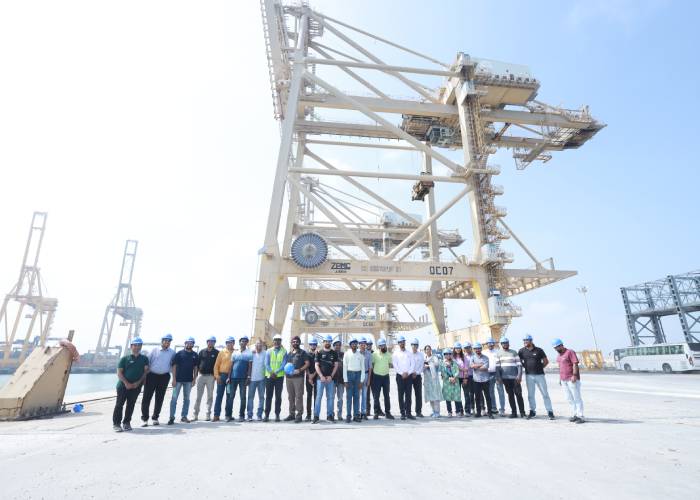Maritime Economics
Core Course 6 - MBA DMSC Program
Supply & Demand in Shipping
Fuel Prices & Trade Patterns
Port Economics
Global Maritime Trends
Digital Market Analysis
Case Studies from Global Trade
This course explores the economic forces that shape the maritime industry. Students will learn how global trade, freight rates, fuel prices, and shipping demand impact shipping companies and ports. The course emphasizes market cycles, charter markets, cost structures, and the future of maritime economics in a digital world.
